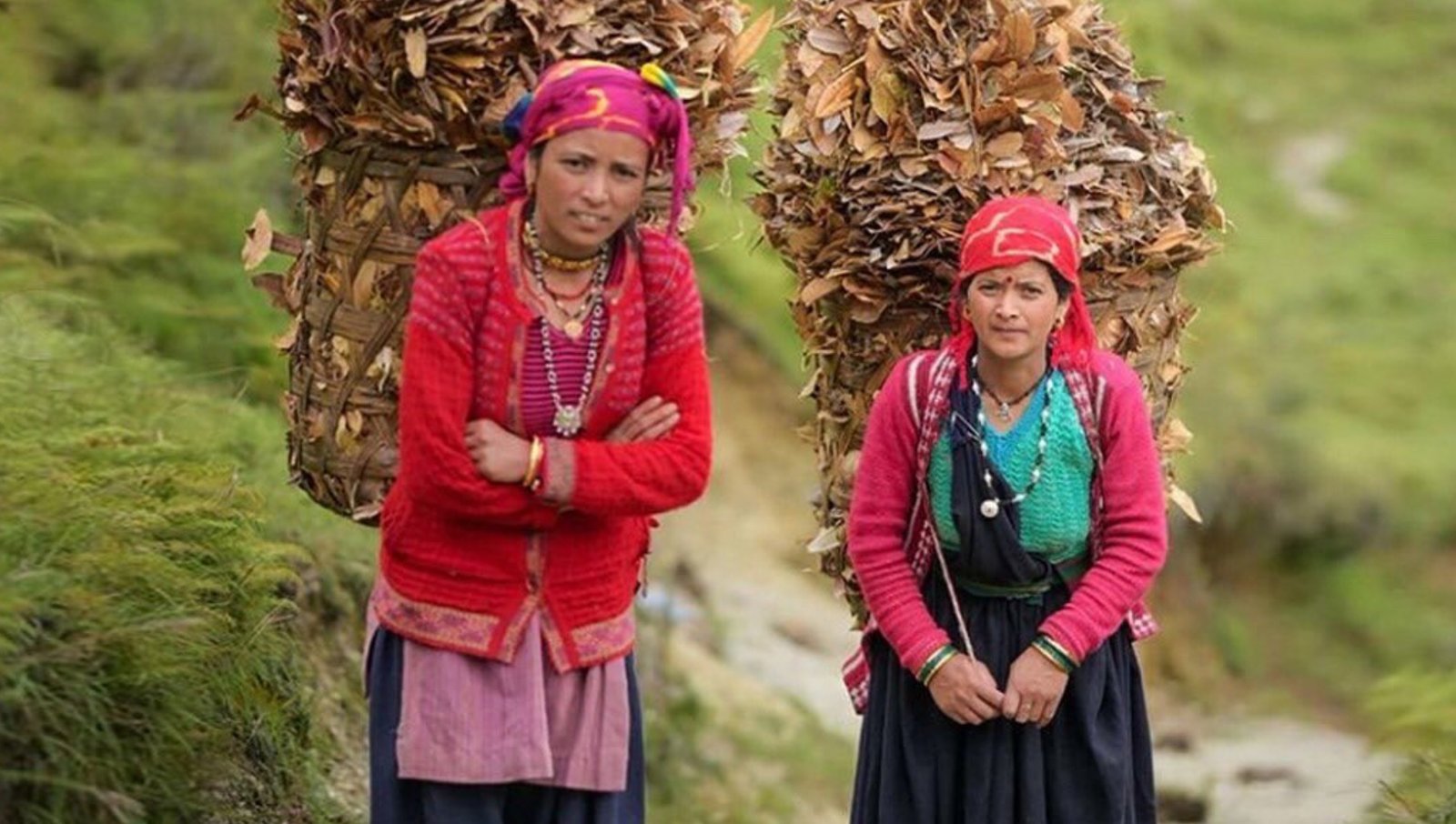DEHRADUN: Uttarakhand is lagging behind in promoting women in managerial positions ranking second last in India, revealed a recent report by the Union ministry of statistics and programme implementation.
The report released earlier this month titled ‘Periodic Labour Force Survey’ (PLFS) revealed that Uttarakhand has just 3.3 per cent women of the total workforce in managerial positions.
Commenting on the issue, Divya Rawat, an entrepreneur who is the recipient of the Nari Shakti Award by the President of India, “This is shocking because women of Uttarakhand are highly enterprising. The ratio is abysmal and the government, as well as private corporations, must address this gap.”
Interestingly, the top five states in this category are Mizoram, leading with 40%, followed by Sikkim (32.50%), Meghalaya (31%), Andhra Pradesh (30.40%) and Manipur with 29%.
Women have been at the forefront of leading movements like ‘Chipko’ in the 1970s and movements against illicit alcohol manufacturing and sale in the hills of Uttarakhand.
Gaura Devi of Raini village in Chamoli district garnered global attention for the ‘Chipko Movement’ against the felling of the trees.
Women are also a prominent force in deciding at least 53 seats, out of the 70, in Uttarakhand assembly elections. The assembly elections in March 2022 marked the highest number of women, eight, securing their place in the assembly in the electoral history of the hill state. The women MLAs who won the 2022 elections include six from the ruling Bharatiya Janata Party (BJP) while two are from the Congress.
Six female MLAs from the BJP include the names of Ritu Khanduri from Kotdwar seat, Renu Bisht from Yamkeshwar, Savita Kapoor from Dehradun Cantt, Shaili Rani Rawat from Kedarnath, Rekha Arya from Someshwar, Sarita Arya from Nainital. For Congress, Anupama Rawat won from Haridwar Rural seat and Mamta Rakesh secured the Bhagwanpur seat.
In 2002, a total of 72 women candidates contested out of which four made it to the assembly. In the year 2007 a total of 56 candidates were in the fray of which four reached the assembly. In the year 2012, five women became MLAs out of a total of 63 who contested the polls. In the year 2017, five out of 62 contesting the elections reached the assembly.
Interestingly, out of these 53 seats where the women voted more than men, 41 went to the BJP which secured a total of 47 seats in the 70-member state assembly.
Uttarakhand state assembly elections have shown the trend of the increasing gap between women and men voters with women leading in the voting percentage.
In the state assembly elections years, 2007, 2012 and 2017 the gap between women and men voters has been widening with women leading.
In 2007 the gap between the voting percentage of women and men stood at 0.50 per cent which increased to 3.10 per cent in 2012 and 7.06 per cent in the 2017 state assembly elections. In the 2022 elections, the gap stood at 4.60 per cent.
The voting percentage of women stood at 67.20 per cent in the 2022 state assembly elections in the hill state while men are trailing at 62.60 per cent.
In the year 2002, the voting percentage of women stood at 56.64 per cent while men were trailing at 55.95 per cent. The voting percentage of women stood at 59.45 per cent in the 2007 state assembly elections in the hill state while men are trailing at 58.95 per cent.
In 2012 a total of 68.12 per cent of women voted followed by 64.41 per cent of men. In the 2017 elections 68.72 per cent of women voted while men were behind again with 61.11 per cent.
Uttarakhand has registered a gap of over 10 per cent in voting percentage between male and female voters in 2022 state assembly elections in the hilly areas of the state.










